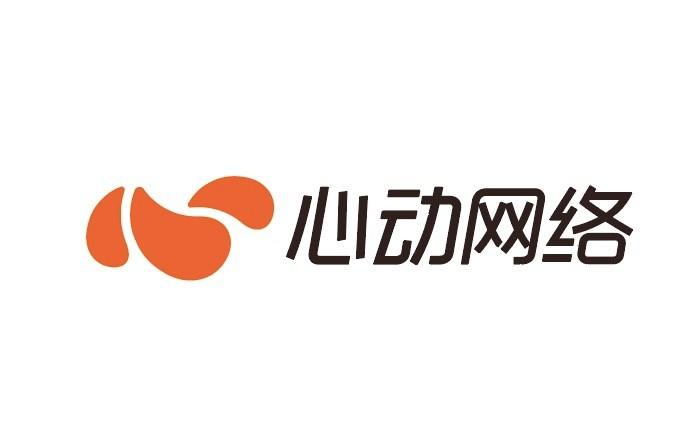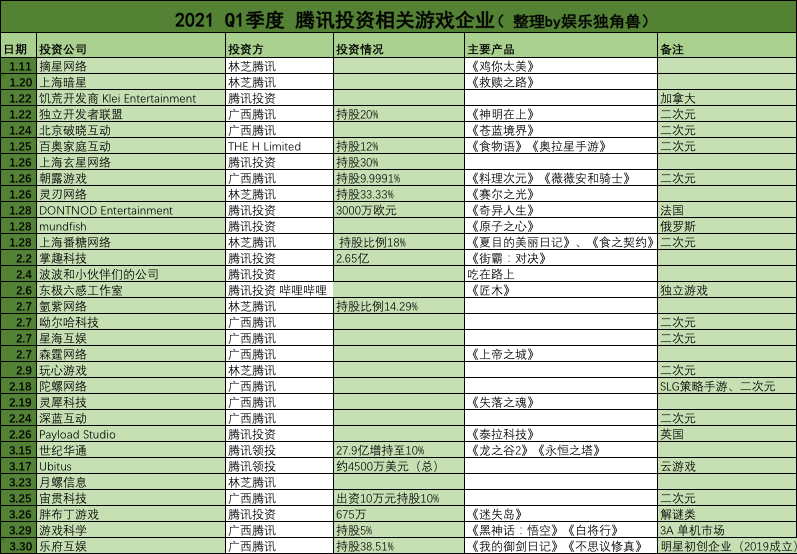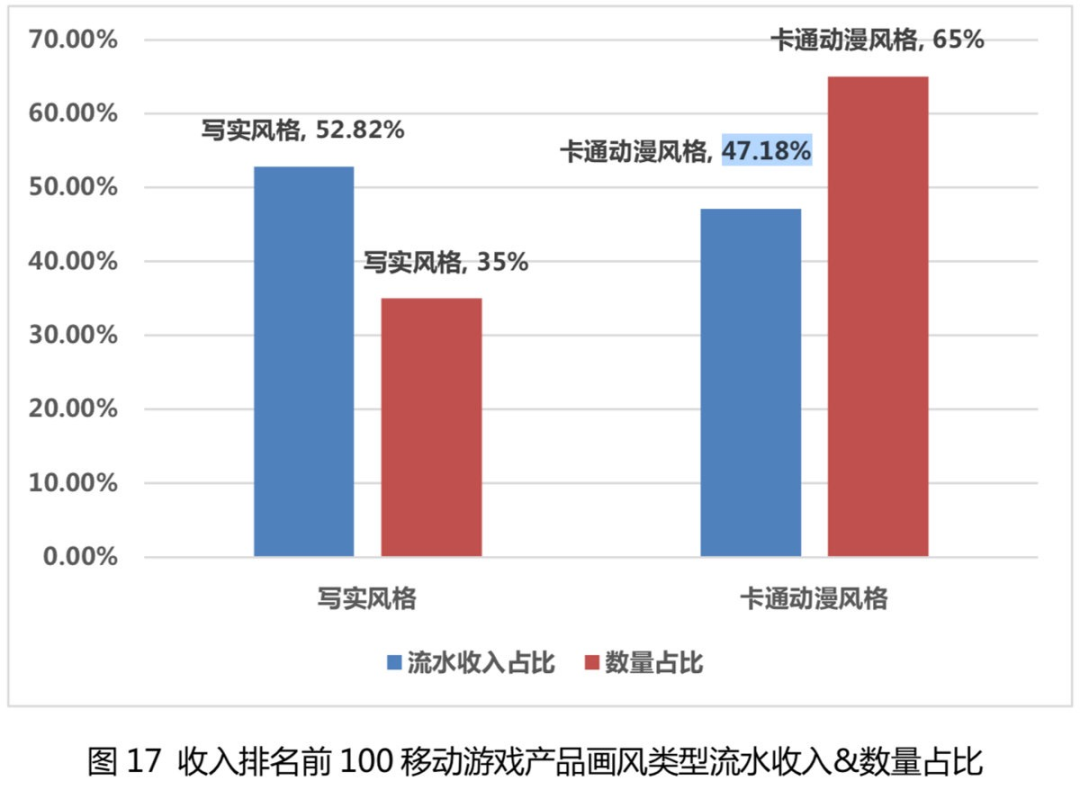Can Xindong.com rob its own path?
Editor’s note: This article is from the micro-channel public number “entertainment Unicorn” (ID: yuledujiaoshou), Author: Sakuragi slipping.
Yesterday (April 6), Xindong Company announced the completion of the acquisition of LeanCloud. The two parties will jointly be responsible for the company’s product line for developers. As part of TDS, LeanCloud will continue to provide stable services to existing and new users.
Earlier on April 1, Bilibili (hereinafter referred to as “Station B”) announced a strategic investment of approximately HK$960 million in Xindong. After the transaction is completed, Station B holds 4.72% of Xindong’s equity. In addition to station B, Alibaba will also subscribe for 3.658 million shares through Taobao China Holdings Co., Ltd., and is expected to hold a 0.76% stake in Xindong after the transaction is completed.
Behind the successive entry of Station B and Ali, and Xindong’s acquisition of cloud service provider LeanCloud, on the one hand, Station B and Ali contributed to their own content. On the other hand, following the start of the game company’s battle for the R&D side, the claim to the channel business has slowly begun.
In the past two years, Xindong.com was once known as “Nintendo of China”. Its own R&D and distribution capabilities and the large number of small and medium-sized manufacturers and independent game developers’ games carried by its core mobile game community platform tapap. It can be said that, Xindong has formed a complete game ecology through self-research capabilities and TapTap.
Therefore, it is not difficult to understand that the attention of Ali and other capitals at station B to XinDong, and XinDong’s own acquisition of LeanCloud to upgrade TapTap’s service capabilities.
On the day when Xingdong became a shareholder at Station B, Xingdong’s stock price was very positive. As of the close of trading on April 1, Bilibili Hong Kong stocks closed at HK$870, an increase of 5.07%, while Xindong’s share price soared by more than 22%. In the big pattern where top game manufacturers are scrambling for developers and filling their own R&D capabilities, they carry a large number ofCan the heartbeat network of the small game publishing platform rob its own way?
“Crazy” two-dimensional, cloud game,
Dual marriage of heartbeat content channels at station B?
After the annual report was released in March of this year, Huang Yimeng of Xindong Network mentioned TapTap’s cloud gaming layout. He said that through the understanding of the industry status and user pain points on TapTap, “We believe that cloud games are still in a very early stage, because all cloud games just run ordinary Android games on the cloud, and most of their functions They are very rough, and the real advantages of cloud games have not yet been reflected. We will not do the underlying cloud game infrastructure-too many companies want to do this. But we will cut in from the perspective of developers to help them save access and compatibility The cost of the game, so that the game can achieve better results on the cloud platform.”
Obviously, this acquisition of LeanCloud can directly provide Xingdong with deeper capabilities at the level of serving content creators. LeanCloud, as a one-stop back-end service for application development released by the AVOS China team in September 2013, can provide developers with services such as data storage, real-time messaging, message push, and statistical analysis. It is worth mentioning that according to official website data: Game customers account for more than half of LeanCloud’s 2020 revenue.
In addition to deepening the ability of platform service content developers, Xintong’s self-research capabilities are also increasing investment, which even caused the company’s profits to decline during the same period. According to Xindong’s announcement, Xingdong’s R&D expenditure also increased from 130 million yuan in the same period in 2019 to 220 million yuan, an increase of 68.2% year-on-year-this is also one of the reasons for their decline in profits over the same period.
It can be seen that last year, the five games that contributed the most online game revenue to Xingdong were “Ragnarok M”, “Endless Ullara”, “Sausage Party”, “Blue Face Dream”, and “Tomorrow’s Ark”. Said that most of it has been some years. According to the game conference held at station B in 2020, 11 blockbuster games were announced, most of which are two-dimensional products.
Actually, The two-dimensional element is becoming a “crazy” track in the past two years. “Onmyoji”, “Breakdown 3”, “Azur Lane”, and “FGO” seem to have become the first wave. The new generation of two-dimensional mobile games represented by “The Original God”, “Tomorrow’s Ark” and “The Horse Race” not only play culture , And also fight technology. For example, since last September, the two-dimensional mobile game “Yuan Shen”, which has been in the limelight, is self-positioned as a “service-oriented” mobile game. flower100 million U.S. dollars is online, and 200 million U.S. dollars are spent on maintenance every year after going online.
According to entertainment unicorns, Tencent participated in more than 30 game-related investments in the first quarter of 2021. It is not difficult to see that more than one-third invested in R&D companies related to the two-dimensional. In addition to Tencent, large companies such as NetEase are also expanding their layout in two-dimensional mobile game products. As the second element gathering place and the top game publishing platform B station, this time and Xindong can be described as a content marriage.
Rather than just the top big factory, the firepower of the two-dimensional group has spread to all platforms. According to the data given by the “China Game Industry Report 2020”, in 2020, the actual sales revenue of China’s game market will be 278.687 billion yuan. Among the top 100 mobile game products in terms of revenue, “cartoon animation style” is in number Accounted for 65% of the proportion, and brought 47.18% of income.
And Station B has continued to work hard in the game field. According to statistics, since 2013, Station B has invested in nearly 21 game companies, covering the entire upstream and downstream industry of the game. Among them are game development companies, production companies, service companies, publishing companies, and so on. According to Station B, 2020 FourthThe quarterly financial report shows that station B games contributed 1.13 billion yuan in revenue and maintained a year-on-year growth rate of about 30%. Therefore, some industry voices believe that subscribing to the heartbeat network is a realistic portrayal of station B.
In this context, the multiplier effect produced by the fit of content attributes is also part of the reason why Station B chooses to invest in its heart. However, compared with the temptation of TapTap, the largest mobile game community in China, it is obviously far from enough.
No combined transportation, zero share, 25.7 million monthly active
TapTap becomes the new “city wall” of station B?
Let’s take a look at the “hot” TapTap financial report. The results of the financial report for 2020 are not satisfactory. TapTap’s advertising revenue growth rate has slowed from 50% in 2019 to 12.2%. The monthly active user advertising value is The decline.
Even so, TapTap still attracts capital to come one after another. Before B station and Ali became a shareholder, manufacturers including ByteDance, Mihayou, Lilith and Fold Paper, NetEase, Gigabit, Feiyu, Sanqi, Youzu, IGG, etc. have successively invested in Xindong or TapTap.
On the one hand, TapTap has a strong community culture, and the industry has placed high hopes on it as the “douban of the game industry”, becoming a pan-gaming platform that integrates watching game content, playing games, and socializing. In 2020, the average monthly MAU scale of the TapTap platform reached 25.7 million, a year-on-year increase of 43.7%, and the average overseas monthly active users were 4.81 million, a year-on-year increase of 330.9%. The number of new posts was 5.8 million, a year-on-year increase of 64%. It can be seen that Xindong’s plans for TapTap are the same as the industry expectations, and the number of monthly active users of the platform is still on the rise, which is expected to become the entrance to users’ pan-gaming behavior.
This coincides with the platform attributes of Station B. Station B is open and tolerant in its game business cooperation model. Joint distribution, agency distribution, cooperative research and development, and investment projects, and the diversification of cooperation models have also made Station B repeatedly become the main battlefield for the distribution of two-dimensional head games, such as the agency identity of “FGO” and the Android intermodal platform of “Yuan Shen” .
On the other hand, the problem of benefit distribution between developers and distributors has been accumulated for a long time, and it has intensified in the past year. Last year, “Yuan Shen” and other Mesozoic mobile game IP jointly launched a protest against channel vendors, announcing that they would abandon the listing of mainstream Android mobile phones such as Huawei, Xiaomi, OPPO, vivo and other app stores.
The recommendation mechanism of the TapTap platform meets the demands of current small and medium content vendors. In order to encourage various small and medium-sized game developers, TapTap is similar to App Store editor recommendation, which is completely recommended by the editor based on the gameplay content. Because of this, even small games, as long as there are highlights, TapTap can be recommended by the platform. Experienced by players, very refined operation.
The heartbeat also said that plans to concentrate on the operation and research and development of the TapTap community, complete the integration of community dynamics and game forums, improve the community content recommendation algorithm, and increase the community’s popular rankings.
“The Original God” and “The Awakening of the Nations” finally achieved success by bypassing the channel distribution, and also gave practitioners new channel distribution options. TapTap adopts a “zero share” model that is different from the traditional channel division model. It also makes popular mobile games of the Mesozoic generation that bypass the channel distribution such as “Original God” and “Awakening of Nations” to be released on the TapTap platform, which greatly helps TapTap to become a Vertical channels independent of the traditional Android mobile application store channels.
According to Analysys’ “2020 China Mobile Game Market Annual Analysis”: In terms of channel industry growth trends, compared to the stable hardware channels (hard core alliances, the official application markets of various mobile phone manufacturers) and the three parties with lower month-on-month growth rates The growth trend of channels (app treasure, pea pod, etc.) and vertical channels (TapTap, Jiuyou, etc.) is significantly better than other channel industries. It can be seen that the vertical channels represented by TapTap are obviously fertile ground for Mesozoic companies with popular game products.
In contrast to station B, the agency distribution and development platform in its game section are the two main tasks of the platform, and they are also the barriers established by the platform. At the agency level, the competing products of Station B are major game companies such as Tencent, NetEase, and the “Shanghai Four Little Dragons” (Mihayou, Lilith, Eagle Corner, Folding Paper). At the development level, the TapTap platform is actually a competitor of station B.
The heartbeat of this “compilation”, whether from the perspective of product development or channel distribution, for BAs far as the station is concerned, it is a two-way expansion based on platform content construction and distribution venues. As for the heartbeat, what we can wait and see is how the “China Nintendo” heartbeat network will kill the blood with TapTap in the changing situation where game manufacturers are fighting against developers and filling their own research and development capabilities.







